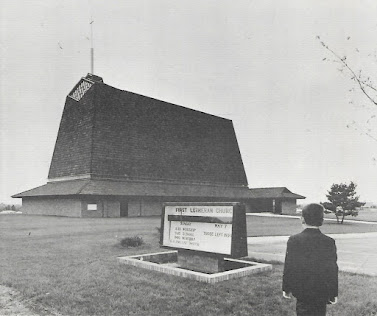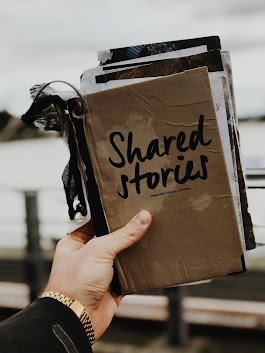Diversity
By Rev. Ricardo Riqueza
Diversity. What is
diversity? My diversity experience has been part of my ministry from the start.
My experience with Clinical Pastoral Education at the San Francisco Night
Ministry and my Teaching Parish in Berkeley, both in California, taught me a lot about diversity.
In San Francisco, I witness that the disease of addiction and mental health
affects all regardless of their race and economic status. The “outcast” in the
streets of San Francisco became “invisible” to the vast majority of members of
our society. The homeless population that I met was diverse in races but had a
common denominator that was most of them felt ostracized by society in
general.
Diversity in ministry
was an eye-opener for me. I was born and raised in Brazil near Sao Paulo, I
grew up as a white person, I never had to face the racism and prejudice that
the black Brazilian have to face in their everyday life. As a South American,
in the United States, my journey was filled with diversity, and I am thankful
to God that I was loved in each of the settings that I served in ministry from
California, Arizona, Pennsylvania to Nebraska regardless of my race and
language background. The love that I received in my ministry is the love that I
want others to experience.
For instance, despite
my congregation in Berkeley being predominantly white, I was moved by the
commitment of that congregation to social justice and fight against racism and
homophobia in the heart of Berkeley, California. The congregation there is a
sanctuary congregation, I learned not only about racial diversity as a
congregation given a safe haven for immigrants fearing deportation but also
about gender diversity as a congregation, which advocates for the LGBT
community.
My diversity journey
continued, as I went to my internship in Phoenix, Arizona in a congregation,
where the vast majority of the members are from Mexico and a lot of them
undocumented, most of the members did not speak English and had to deal with
systematic racism in their everyday lives. In all honesty, I was hurt by the
way white America treated people that come from Mexico to do the work that
white America does not want to do. My experience in Phoenix left a bitter taste
in my mouth towards those with closed minds and hearts.
I was so thankful for
my work in Pennsylvania because, in the recovery ministry, I found common
ground. I learned that the disease of addiction has no prejudice, it affects
all races and all economic classes. It does not matter what race and economic
status, the disease of addiction is ready to destroy the individual family and
their loved ones that have to witness the destruction that addiction leaves
behind to All who fall into its grasp.
Finally, I came to
rural Nebraska in a predominantly white church and I am learning there is so
much more to white America. A place that people are loving and welcoming, a
place that people are hardworking and treat all with dignity. A place, which is
teaching me what white America is about. A place not racially diverse but that
follows God’s command to love others as themselves.
Diversity takes many shapes and forms and is
not limited to race. I believe we can be sensitive to diversity even if we live
in a racially homogenous place. We can educate ourselves about diversity. And
as long as we see all people regardless of their race or sexual orientation as
all God’s creatures and as our brothers and sisters in Christ, I believe that
we will be doing what God wants us to do, which is to love our neighbor as
ourselves.




Great article Pastor Richardo!! We are so glad that you became a part of Trinity in Polk!
ReplyDelete